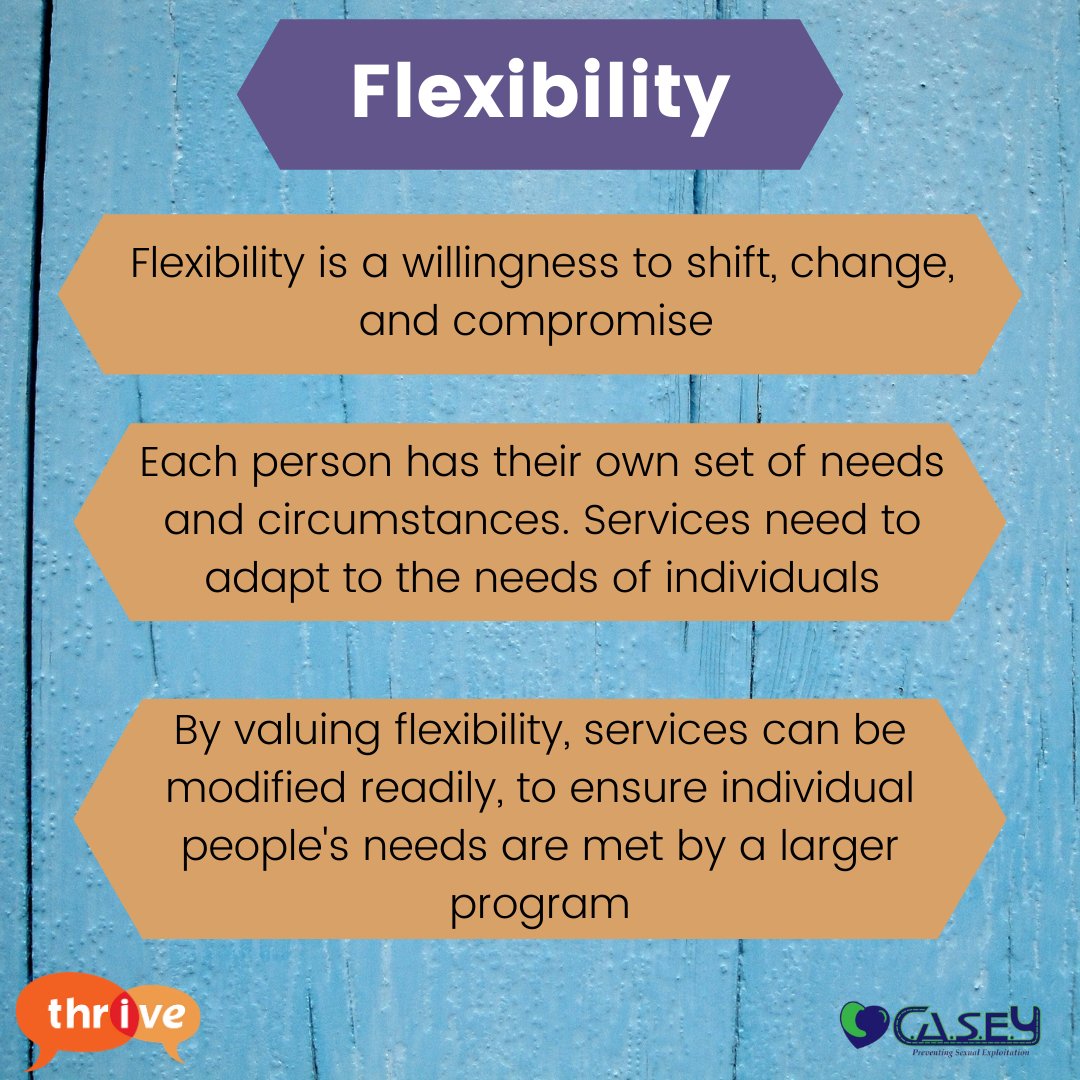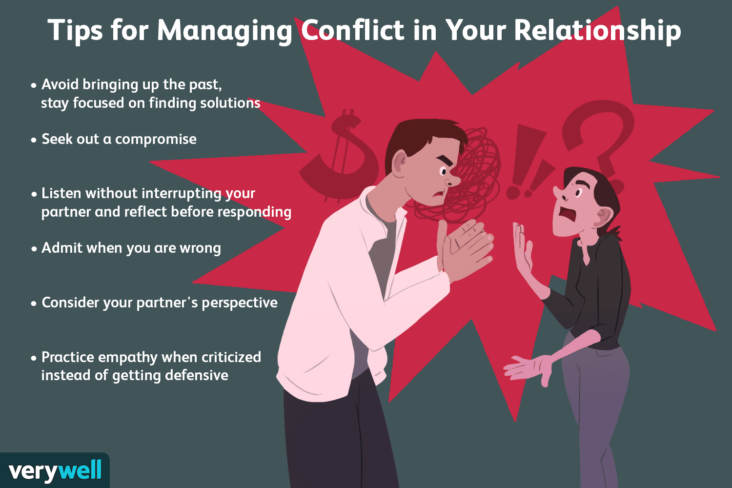Navigating relationship conflict is never easy, but having the right tools to reach a resolution can make a big difference. Compromise and flexibility are two essential skills that are key to resolving conflicts in relationships. This article will explore how you can use these two tools to create a win-win situation and improve your communication skills. Learn how to break through disagreements and build a healthier, more satisfying relationship by developing your ability to compromise and embrace flexibility when resolving conflict.
Compromise and flexibility are essential in resolving relationship conflict as they allow both parties to move towards a mutually acceptable resolution.

Compromise and flexibility are two key principles in resolving relationship conflict, as they promote collaboration between all parties involved and ultimately lead to a resolution that everyone can be satisfied with. Compromise involves both parties being willing to give up some of their desires and interests, in order to reach an equitable solution. Flexibility is an important factor in this process, as it allows for a range of potential solutions to be considered, and for each person to make concessions in order to reach a middle ground. This process of negotiation, compromise, and flexibility is essential to achieving a successful resolution to a relationship conflict. It allows each party to have their needs and wants heard and respected, and for a resolution that can be accepted by both parties. These principles of compromise and flexibility are essential for resolving relationship conflict, and for creating a space for mutual understanding and collaboration between all parties involved.
Compromise and flexibility can reduce the intensity of the conflict and make it easier for both parties to come to an agreement.

Compromise and flexibility are key elements of any successful relationship. In a conflict situation, they can significantly reduce the level of tension and provide an avenue for both parties to come to a mutually satisfying agreement. By compromising and being flexible, each person is able to better understand the other person’s point of view. This understanding can lead to a more effective resolution, as both parties can see the benefits of their respective positions. Compromise and flexibility also enable both parties to find solutions that are beneficial to both sides. This can help to reduce the intensity of the conflict and make it easier for both parties to come to an agreement that is beneficial to both parties. Compromise and flexibility are essential skills for any successful relationship. They can provide a way to resolve conflict and ensure that both parties feel heard and respected.
Compromise and flexibility can help both parties see the other’s perspective and come up with creative solutions they may not have considered otherwise.

Compromise and flexibility are essential ingredients in resolving relationship conflict. Compromise allows both parties to come to a mutually beneficial solution and allows them to reach a point of agreement that both parties can live with. Flexibility is key to the process as it encourages communication and understanding of the other person’s perspective. This can help both parties see the other’s perspective and come up with creative solutions they may not have considered otherwise. With flexibility, each individual can look at the situation from a different perspective and can come up with a solution that will work for everyone involved. Compromise and flexibility are also important in creating a sense of trust, respect, and understanding in the relationship. This can help both parties find common ground and help them to come to a resolution without having to resort to an impasse. Compromise and flexibility can help resolve relationship conflict in a more effective and peaceful manner, allowing the two parties to create a strong and lasting relationship.
Compromise and flexibility can provide a way for both parties to save face, as they can both find a way to get what they need without damaging their relationship or their pride.

Compromise and flexibility are essential tools for resolving relationship conflict. When both parties are willing to compromise and be flexible, they are able to find a solution that works for both of them, without damaging their relationship or their pride. Compromise and flexibility can help both parties feel like they have gotten what they wanted and needed, making them more likely to stay in the relationship and continue to work together. Compromise and flexibility can also help to reduce the chances of hurtful words and actions being taken during a conflict, which can lead to more peaceful resolutions. Instead of trying to win every fight, both parties can come to an agreement that is satisfactory for both of them. By compromising and remaining flexible, couples can learn to work together to resolve conflicts in a respectful way that meets both of their needs.
Compromise and flexibility can help both parties build trust and respect, as they are willing to listen to and understand the other’s needs and work together to come up with a solution that is beneficial to both.

Compromise and flexibility in resolving relationship conflict is a key factor in creating a lasting, trusting and respectful relationship. When both parties are willing to compromise and be flexible in their approach to resolving conflict, it allows them to build trust and respect through listening and understanding the needs of the other person. Compromise and flexibility can be used to come up with a solution that is beneficial to both parties and allows both individuals to feel heard and understood. This helps to create a more secure foundation for the relationship and can help to prevent future conflict from occurring. Additionally, when both parties are willing to be flexible and compromise, it can help to foster an environment of mutual respect and understanding, which can lead to a stronger, healthier relationship.



